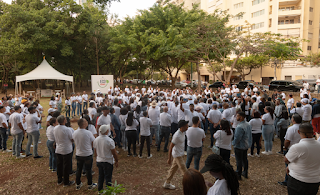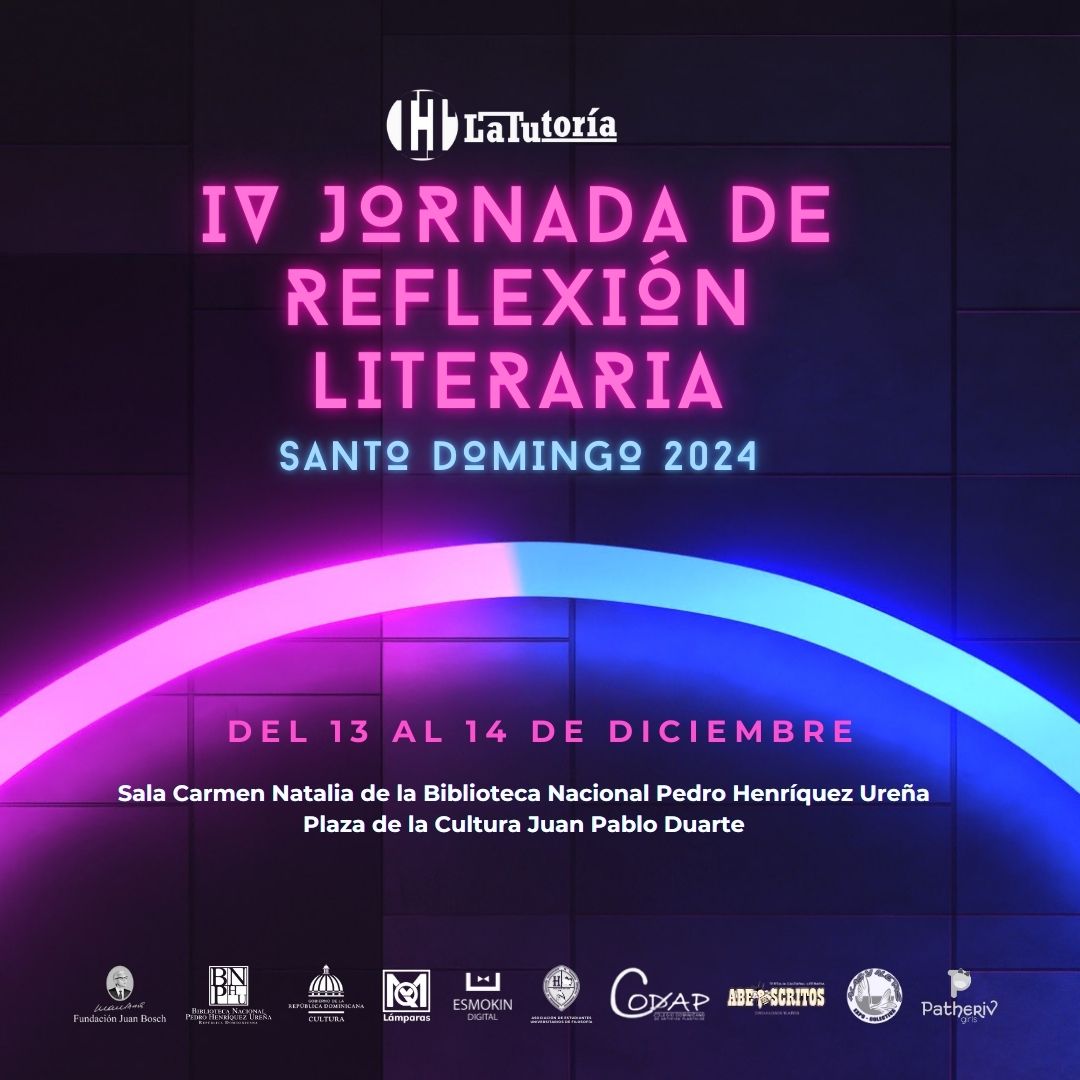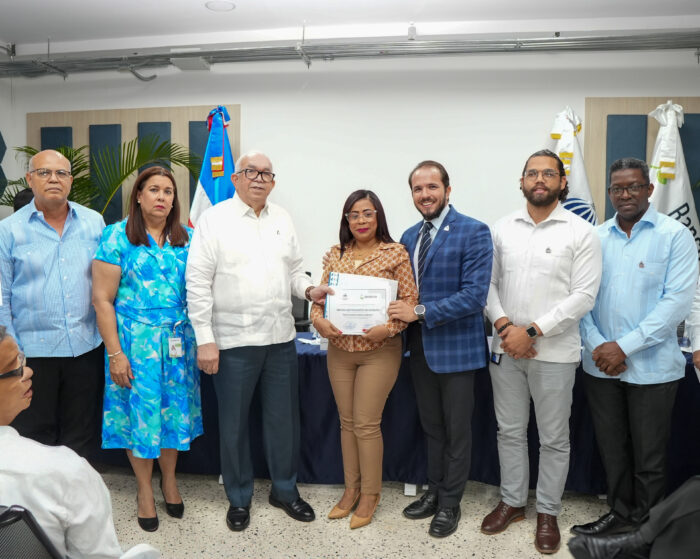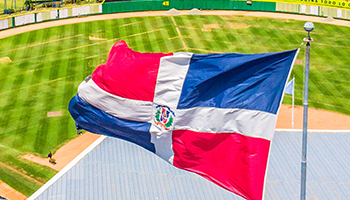Technicians Trained in Mechanism of Clean Development
 | Technicians Trained in Mechanism of Clean Development The Ministry of Environment and Natural Resources (SEMARENA) and the Latin American Energy Organization (OLADE) held a workshop seminar to strengthen local capacities in the area of Mechanism for Clean Development (MCD) and to identify the relevant actors in the area with the potential to develop programs and activities. “The Dominican Republic has the capacity to lead the region in the market offered by the Kyoto Protocol, taking advantage of the opportunities presented these days to advance toward a technological and respectful society in terms of the environment…” As one of the mitigating actions to alleviate climate change, the meeting presents opportunities for the MDC to become involved in projects with small groups over a period of time equivalent to 28 years for non-forestry projects and 60 years for reforestation which will permit the reduction of emissions that cause green house gases. Ernesto Reyna, deputy minister of Environmental Management who led the activity on the part of the Ministry of Environment and Natural Resources, said the issue of climate change is one of the major problems that confronts humanity and for that reason it is important to take advantage of technology and the sensible mechanisms found in the Kyoto Treaty. “The Dominican Republic has the capacity to lead the region in the market offered by the Kyoto Protocol, taking advantage of the opportunities presented these days to advance toward a technological and respectful society in terms of the environment, adopting technology and generating income through the investment certificates of the famous carbon credits,” he said. He added that the objectives of the Earth Summit in Rio de Janeiro in 1992 include decisions to curb human actions from continuing to interfere in the planet´s climatic system, to allow the ecosystems to adapt to the new climatic variations, to assure that food production is not threatened and that economic development continues in a sustainable fashion. “It depends on us to learn these tools and to seek the opportunity to generate wealth from all means of capital, for which we should accept the challenge of sustainable development and the challenge to protect, in a tangible way, the major capital that our country possesses which is our natural beauty and our ecosystem,” concluded Reyna. Miriam Hinostrosa of the UNEP–RISØE Organization of the United Nations, the entity that organized the workshop on OLADE´s request, participated in the seminar workshop. She stressed that the United Nations Program contributed to the strengthening of the carbon market for the more than six years through the diverse development training programs for the MDC in different countries and through the generous contributions of many donors. “For the United Nations these issues present different challenges, the most important being to work in countries with different problems, with fragile economies, with unstable political systems, with difficulty attracting private investment whether national or international; to work in countries where climate change is not a priority for the governments and in many cases is a barrier. “The impact of these programs and the development of capacities would not have the desired effect without political support from these countries. “The impact of these programs and the development of capacities would not have the desired effect without political support from these countries. Like any other market, the carbon trade presents different imbalances and different barriers and only with knowledge and information can it be alleviated. For that reason developing training programs is a vital factor for implementing policies to alleviate climate change, above all based on markets like the MDC,” Ms. Hinostrosa pointed out. What is OLADE? The Latin American Energy Organization (OLADE) is a structure whose objective is to confront, as a block (Latin America and the Caribbean), the challenge of energy and to establish cooperation mechanisms to develop the efficient and rational use of energy reserves. The carbon market, which the MDC approves of, is found within the Kyoto Protocol and establishes a commitment to reduce emissions from industrialized countries who have historically been responsible for the increased production of green house gases. Due to the flexible mechanisms established in the Protocol, emissions reductions can be done outside the borders of the committed countries, placing the bases so that new elements can surface in the offer of environmental services for a reduction and consolidation on the part of those who look to the carbon market which is rapidly growing and which still has wide perspectives for new negotiations for post-Kyoto schemes. The Dominican Republic has more than 20 projects in the design stage, more than six of which have sought national approval. Two are in the validation stage and one is already registered. The project registered by the Executive Junta is the El Guanillo Wind Farm.
| |
| Date of Publication: September 16, 2008 |

Related News
-

(Versión en español) Se unen para arborizar el Mirador Sur, en jornada "Ecohéroes"
-

(Versión en español) Emprendedores de Banco Adopem son reconocidos en los Premios BCIE
-

(Versión en español) Llega la IV Jornada de Reflexión Literaria Santo Domingo 2024
-

(Versión en español) Tecnificación de Riego certifica más de 400 colaboradores Banco Agrícola
-

Dominicanos en Grandes Ligas
Las ultimas noticias/novedades de lo que acontece con los Dominicanos en las Grandes Ligas durante toda la temporada 2019.


